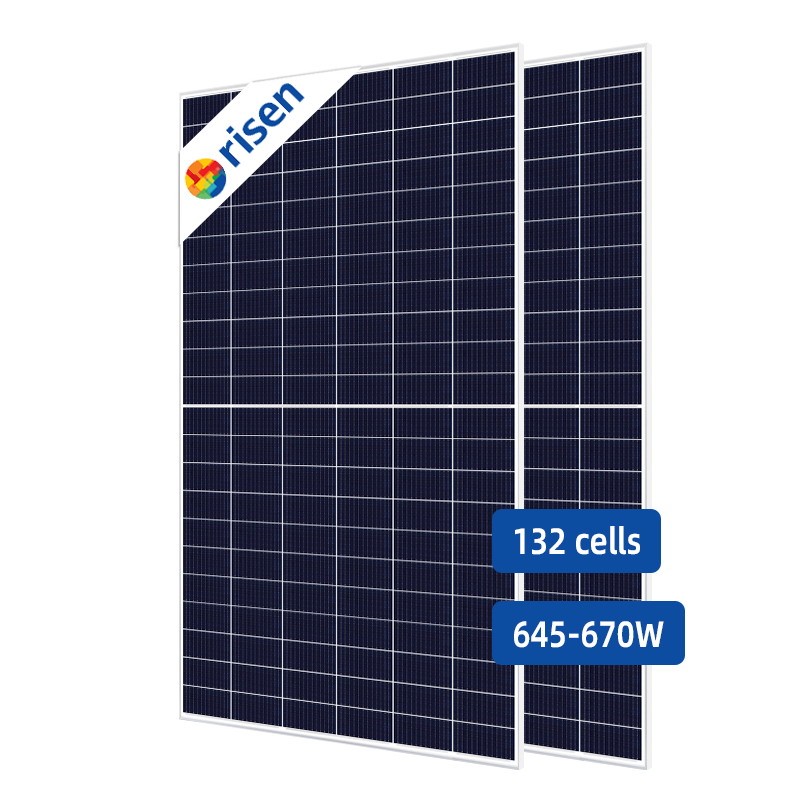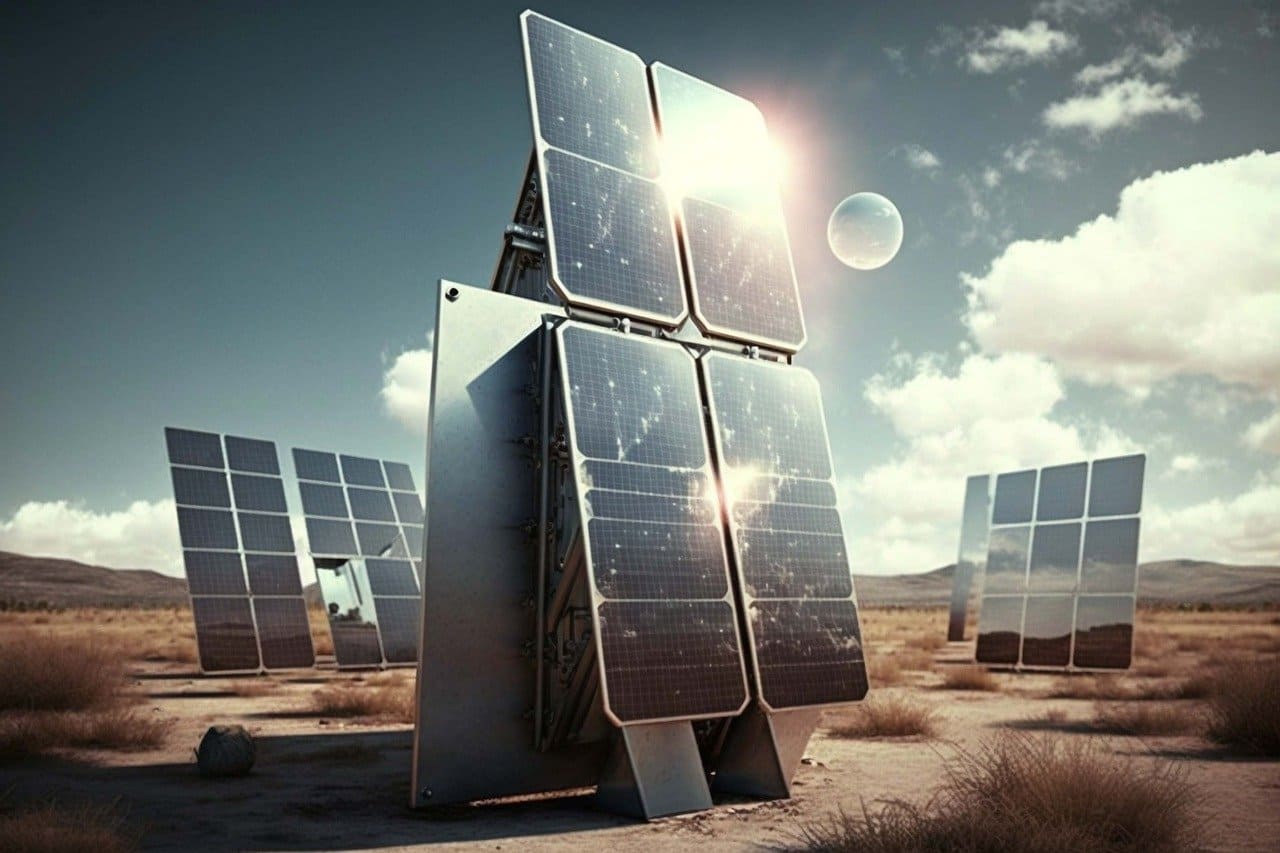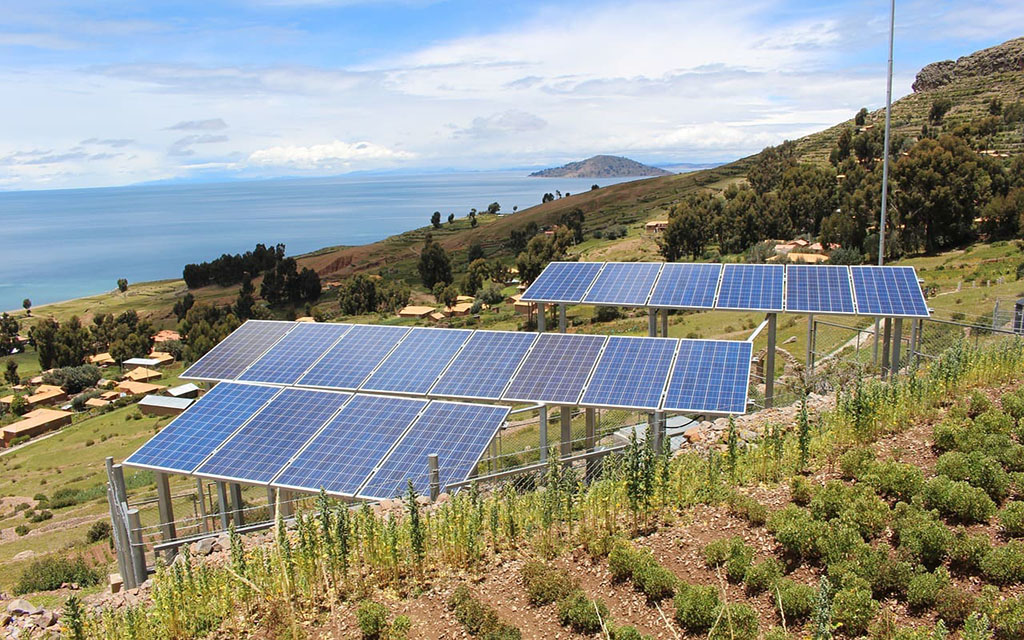A Comprehensive Guide to Solar Panel Wholesale Pricing
As the world moves towards sustainable energy sources, the demand for solar panels has skyrocketed. If you're looking to purchase solar panels in bulk, you may be wondering about the wholesale pricing and what factors affect it. As a highly skilled assistant specializing in digital marketing and content writing, I've compiled a comprehensive guide to help you navigate the world of solar panel wholesale pricing. From understanding the different types of solar panels to factors that affect pricing, this guide will equip you with the knowledge to make informed choices for your business. So, whether you're a solar panel installer, a commercial property owner, or a homeowner looking to switch to solar energy, this guide will help you understand everything you need to know about solar panel wholesale pricing. Let's dive in!
Understanding the factors that affect solar panel pricing
Solar panel pricing can vary based on several factors, including the brand, type, and efficiency of the panel. Some other factors that affect the pricing include the manufacturing cost, the size of the panel, and the country of origin. Additionally, the demand and supply of solar panels can also impact the pricing. Let's take a closer look at each of these factors.
1.Brand and type of the solar panel(Solar Panel Wholesale Pricing)
The brand and type of solar panel are the most significant factors that can impact the pricing. There are many brands of solar panels available in the market, and each brand has its own pricing range. For instance, some popular brands like LG, SunPower, and Panasonic offer premium solar panels that are more expensive but come with higher efficiency and longer warranties. In contrast, other brands like Hanwha Q Cells, Canadian Solar, and Trina Solar offer budget-friendly solar panels that are more affordable but may not be as efficient.

2.Efficiency of the solar panel(Solar Panel Wholesale Pricing)
The efficiency of a solar panel refers to the percentage of sunlight that the panel can convert into electricity. The more efficient the panel, the higher the pricing. High-efficiency solar panels can convert up to 22% of the sunlight into electricity, while standard solar panels have an efficiency rate of around 15-17%. While high-efficiency solar panels can cost more, they can also help you generate more power in less space.
3.Manufacturing cost and country of origin
The manufacturing cost of solar panels depends on the materials used, the technology used, and the labor costs. The country of origin can also affect the manufacturing cost, with panels made in countries with lower labor costs generally being cheaper. For instance, solar panels made in China are generally less expensive than those made in the US or Europe.
Types of solar panels
There are three main types of solar panels: monocrystalline, polycrystalline, and thin-film. Each type has its own advantages and disadvantages, and the pricing can vary based on the type. Let's take a closer look at each type.
1.Monocrystalline solar panels
Monocrystalline solar panels are made of single-crystal silicon, which makes them the most efficient type of solar panel. They are also the most expensive because of their high efficiency. Monocrystalline solar panels have a uniform black color and are ideal for areas with limited space.
2.Polycrystalline solar panels
Polycrystalline solar panels are made of multiple silicon crystals and have a blue color. They are less efficient than monocrystalline solar panels but are more affordable. Polycrystalline solar panels are ideal for larger spaces and can be a good option for those on a budget.
3.Thin-film solar panels
Thin-film solar panels are made of thin layers of photovoltaic material, such as cadmium telluride or amorphous silicon. They are less efficient than both monocrystalline and polycrystalline solar panels but are the cheapest option. Thin-film solar panels are ideal for large commercial installations where cost is a significant factor.
How to calculate solar panel costs
Calculating the cost of solar panels can be complicated, as there are several factors to consider. Here are the steps to calculate the cost of solar panels.
Step 1: Determine your energy needs
The first step in calculating the cost of solar panels is to determine your energy needs. You can do this by looking at your energy bills and identifying your average monthly usage.
Step 2: Calculate the size of the solar panel system you need
Once you know your energy needs, you can calculate the size of the solar panel system you need. The size of the system depends on your energy needs and the amount of sunlight your location receives.
Step 3: Calculate the cost of solar panels
The cost of solar panels depends on the size of the system, the type of solar panel, and the brand. You can use online calculators to estimate the cost of solar panels based on your energy needs and location.

Wholesale vs. retail solar panel pricing
Wholesale solar panel pricing is typically lower than retail pricing because wholesalers buy in bulk and can negotiate better pricing from manufacturers. Retail pricing is usually higher because the panels have to go through more intermediaries before reaching the end-user. However, there are pros and cons to both wholesale and retail pricing.
1.Pros of wholesale solar panel pricing
Wholesale pricing can be significantly lower than retail pricing, which can save you money in the long run. Additionally, buying in bulk can help you negotiate better pricing and save on shipping costs.
2.Cons of wholesale solar panel pricing
One disadvantage of wholesale solar panel pricing is that you may have to buy a large quantity of panels, which can be challenging if you have limited storage space. Additionally, you may have to deal with longer lead times if the panels are shipped from overseas.
3.Pros of retail solar panel pricing
Retail pricing allows you to buy smaller quantities of panels, which can be beneficial if you have limited storage space. Additionally, you may be able to get the panels faster if they are shipped from a local distributor.
4.Cons of retail solar panel pricing
Retail pricing is usually higher than wholesale pricing, which can add up over time if you need to purchase a large quantity of panels. Additionally, you may have to deal with multiple intermediaries before the panels reach you, which can increase the risk of damage or defects.
Finding reliable solar panel wholesalers
Finding reliable solar panel wholesalers can be challenging, as there are many suppliers in the market. Here are some tips to help you find a reliable wholesaler.
1.Check online directories
Online directories like Alibaba and ThomasNet can help you find solar panel wholesalers. These directories list suppliers from all over the world and allow you to compare pricing and reviews.
2.Attend trade shows
Attending trade shows can help you meet solar panel wholesalers in person and learn more about their products and pricing. Some popular trade shows for solar panels include Solar Power International and Intersolar.
3.Ask for referrals
Ask other solar panel installers or business owners for referrals to reliable solar panel wholesalers. They may be able to recommend a supplier they have worked with in the past.
Negotiating with solar panel wholesalers
Negotiating with solar panel wholesalers can help you get the best pricing and terms for your business. Here are some tips to help you negotiate effectively.
1.Do your research
Before negotiating, do your research and know the market pricing for the type of solar panels you want. This will give you leverage when negotiating and help you avoid overpaying.
2.Be prepared to walk away
If the wholesaler is not willing to negotiate, be prepared to walk away. There are many other suppliers in the market, and you should not settle for less than what you need.
3.Build a relationship
Building a relationship with the wholesaler can help you negotiate better pricing in the future. Be professional and courteous, and try to establish a long-term partnership.
Tips for getting the best solar panel wholesale pricing
Getting the best solar panel wholesale pricing requires some effort and research. Here are some tips to help you get the best pricing.
1.Buy in bulk
Buying in bulk can help you negotiate better pricing and save on shipping costs. Additionally, buying in bulk can help you establish a long-term partnership with the wholesaler.
2. Look for promotions and discounts
Keep an eye out for promotions and discounts from solar panel wholesalers. They may offer discounts during off-seasons or for bulk purchases.
3.Consider financing options
Some solar panel wholesalers offer financing options that can help you spread out the cost of your purchase over time. This can be beneficial if you have limited cash flow.
Common mistakes to avoid when buying solar panels in bulk
Buying solar panels in bulk can be a significant investment, and there are some common mistakes to avoid.
1.Not doing your research
Not doing your research can lead to overpaying for solar panels or purchasing the wrong type of panel for your needs. Make sure to do your research before making a purchase.
2.Not considering the warranty
The warranty is an essential factor to consider when purchasing solar panels. Make sure to read the warranty carefully and understand what it covers and for how long.
3. Not considering the installation costs
Installation costs can add up quickly and can significantly impact the overall cost of your solar panel system. Make sure to factor in the installation costs when calculating the total cost of your purchase.
Conclusion
Solar panel wholesale pricing can be complicated, but with this comprehensive guide, you now have the knowledge to make informed choices for your business. Remember to consider the different types of solar panels, the factors that affect pricing, and the pros and cons of wholesale vs. retail pricing. Additionally, finding a reliable wholesaler and negotiating effectively can help you get the best pricing for your needs. By avoiding common mistakes and doing your research, you can make a smart investment in sustainable energy for your business.
